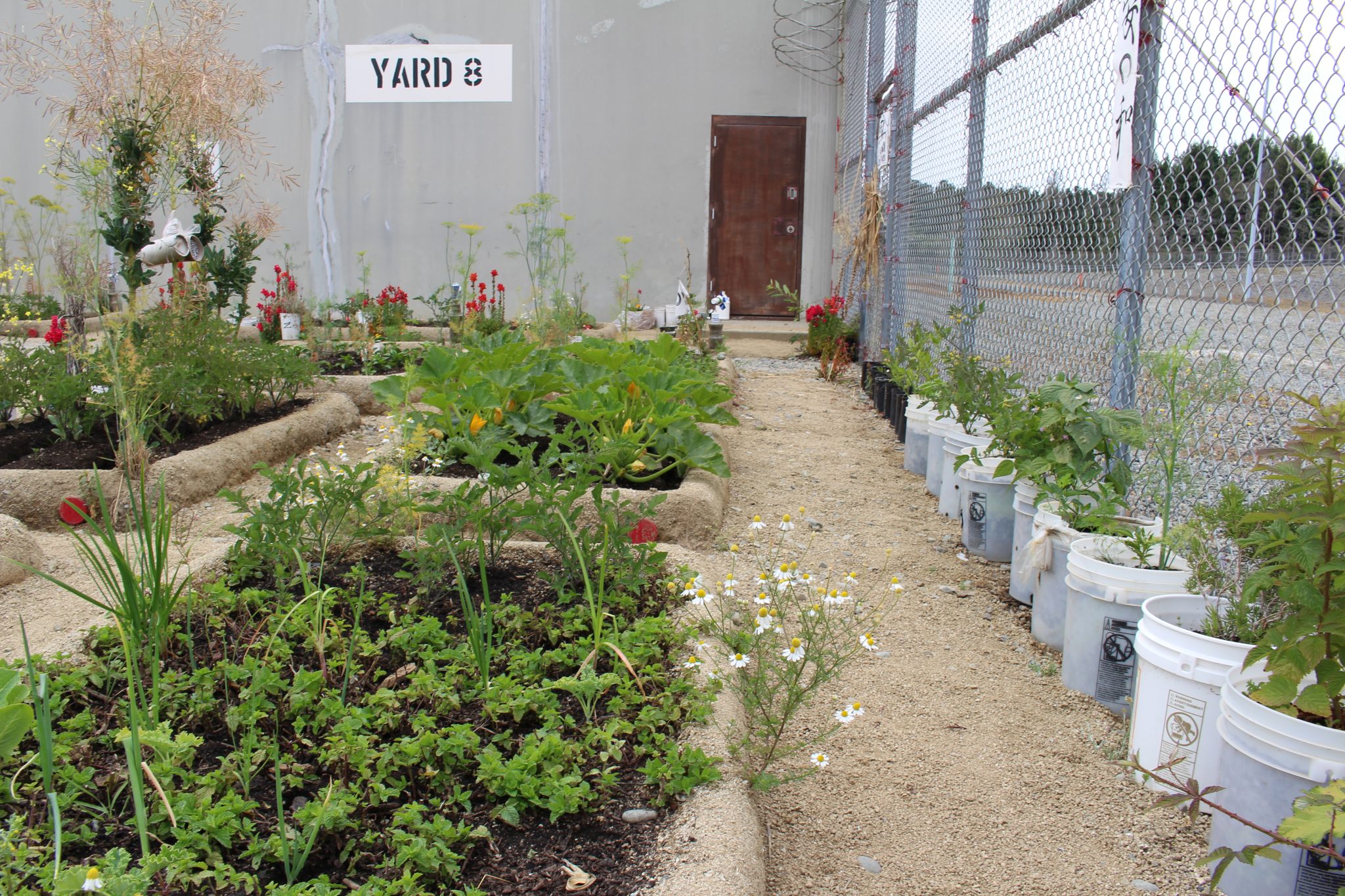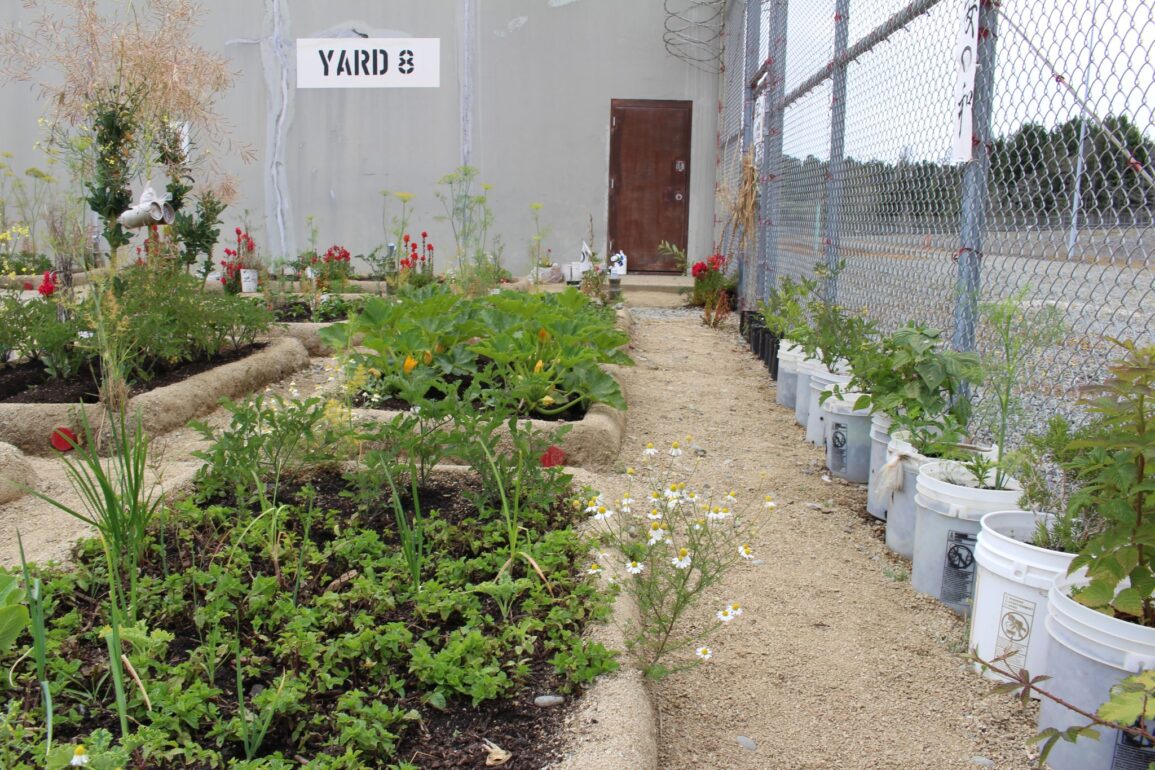
After nearly 30 years in prison, I still find moments of joy and happiness. I wondered if anyone else was experiencing the same moments in the same way, or if perhaps I was the odd one out. So I posted a sign-up sheet in our living unit with the title: Finding Joy: A Workshop & Discussion.
Amazingly, 30 people signed up. Prisons aren’t generally places where people line up to openly discuss their emotions. South Central Correctional Facility, the Tennessee private prison where I’ve spent most of the past decade, doesn’t have formal educational or recreational programming to help pass the time, but for the most part the subject itself seems to be what got people interested. No one had ever heard of such a workshop before. The closest precedent was probably crochet club or book club, which are also prisoner-led endeavors. Participants consented to their remarks from the workshop being shared here.
I opened with a few observations about joy from people considered wise and learned about such things. Some philosophers have suggested that joy comes from cultivating enduring bonds with those around us. Some say having a sense of purpose is what brings us joy.
“The only thing that brings me joy in this hell hole is getting high,” said Friese. Not everyone shared his view of drugs. At first, several rejected it outright by telling him that drugs only produced artificial joy, not real joy. But as the discussion deepened, participants mutually recognized that the experiences of others are equally as valid as our own experiences. We have all felt moments of joy, and from various sources—and we concluded that any time or place joy is felt, that in and of itself is what makes it real.
“Joy lives concealed in grief.”
—Rumi
Author and spiritual adviser Mark Nepo teaches that we find joy by looking through our grief. The concept was ripe for discussion here; all of us are familiar with grief. And with being a cause of grief to our loved ones and communities.
Ramos had recently called his daughter on her 13th birthday and listened while she spoke happily about presents and cake. “All I could is try to not let her hear that I was crying like a baby,” he told us, consumed with grief over not being able to be there for her. He wanted to find the joy in moments like that, so it could be shared.
“We have this idea that what will bring us joy is way out there somewhere, unattainable, just out of our reach,” Juan said. “We can find it in the simplest of situations.” Prayer, or good conversation with one another, can help us look through that which fills us with grief. When we do, we see that we grieve because we have experienced joy. The events that brought each of us to prison will never change, but how we look at them can.
Lacy said that those who believe in a higher power must believe they’re redeemable, and thus worthy of joy. “So I find joy in serving God and accepting His forgiveness, and believe that I am not the product of the worst thing that I ever did.”
“Joy at the smallest things comes to you only when you have accepted death.”
—Carl Jung
Moments of joy can still be found in confinement and deprivation; it just takes practice. Mitchell, who meditates, said he’s learned to live in the “single moment, single activity” mentality—doing one thing at a time and trying to think about only that thing while doing it. If he’s washing a dish, he focuses on the feeling of the water on his skin, the slickness of the soap, the curved edge pressing into his hand. Mindfulness allows him to experience joy when it comes in front of him.
Sisco said the discussion helped him put words on the feelings he experiences from cutting. “I don’t talk about it much, but this subject hits home for me,” he said, pulling up a sleeve to show us his arm. “This brings me some sort of joy. When I’m cutting it feels like I’m releasing all the pain and grief that is keeping me from experiencing any joy.” He’s able to sleep better, even smile.
Psychologist Carl Jung wrote, “Joy at the smallest things comes to you only when you have accepted death.” Growing old in prison, I have found that accepting what’s to come allows me to participate more fully in the present. And in turn, experiencing moments of joy that are so often missed while grieving for the past or the future. I find joy in sharing favorite recipes, in building community and in taking care of one another through our grief. And wiggling my toes in the grass, on sunny days when we’re allowed outside.
Photograph via California Department of Corrections and Rehabilitation
This post was originally published on this site be sure to check out more of their content.









